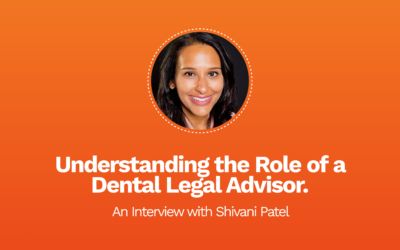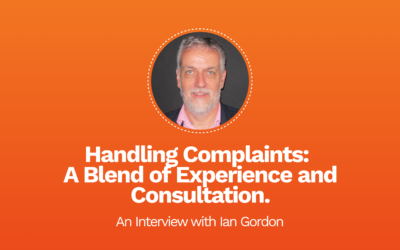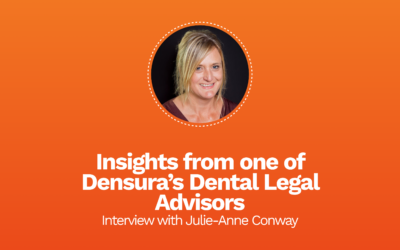I had an interesting chat with “dentist A” today.
He had received a complaint about an implant placement. His patient had been to see another dentist (dentist B) because of food packing associated with the newly fitted bridge.
Dentist B had said that the implants placed were not in the right position. Dentist A was upset and angered by these comments.
When, however, I looked at the radiographs, the clinical notes and the images “Dentist A” was in my opinion wrong to be so upset. He had simply been caught out. He had indeed placed the implants in poor positions…… and here, simply put, is how it happened……
“Dentist A” failed to plan the case and failed in his duty to exercise reasonable care.
He did not carry out a diagnostic wax-up and therefore did not create a placement stent. Without a placement stent, there is no way that the placements can be in the ideal position. Like building a house and putting the foundations in the wrong place!
“Dentist A” has been offering implants to his patients for some 12 years and yet, like so many colleagues he just “guessed” where the implant should go. Some clinicians I know are good at guessing, but the reality is that many are not, and when you get found out, there is nowhere to hide.
The technician, like so many technicians I talk to, had made a valiant attempt to correct the dentists’ mistakes, but it was still a compromise that resulted in food packing and an unsatisfactory outcome.
The world post-2021 is changed. Allow me to explain why by use of an analogy.
In the late 60s and early 70s if you wanted to build a house you spoke to a builder who sketched out a basic plan and he built the house, correcting problems on the way.
“Experience”, coupled with a “bit of modification” during the build and a little bit of luck would see him through.
In 2022 if you build a house, you need precision, not guesswork. You need architects, structural engineers, plans and planning, landscaping, quantity surveyor, project manager and many more other “experts” all there to make sure it is fit for purpose and that the build complies to an appropriate and exacting standard.
The same is true in dentistry, and it’s no bad thing. Whether we like it or not, or think it’s fair and right or not, is irrelevant. “I’ve always done it this way” is no defence, and for those who tell me that they’ve been doing it this way for many years simply means that they may well have been doing it badly for many years. The number of years offering implants to patients is not a testament to quality or experience. Doing it right is.
Putting the patient first, and exercising reasonable care and skill are the most basic of requirements.
The absence of demonstrable planning will automatically put any clinician in a difficult and indefensible position.
At Densura, we are your partner not just your indemnity provider. We advise, guide and support. We arrange CPD and work hard to keep you safe. Far more than just insurance! Designed by dentists for dentists.
Dr Julian Perry BDS MFGDP.RCS DipImpDent.RCS
Vice President Densura Dental Indemnity
Author: Julian Perry



